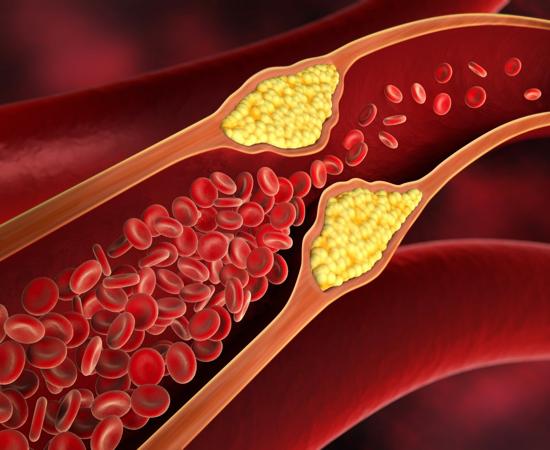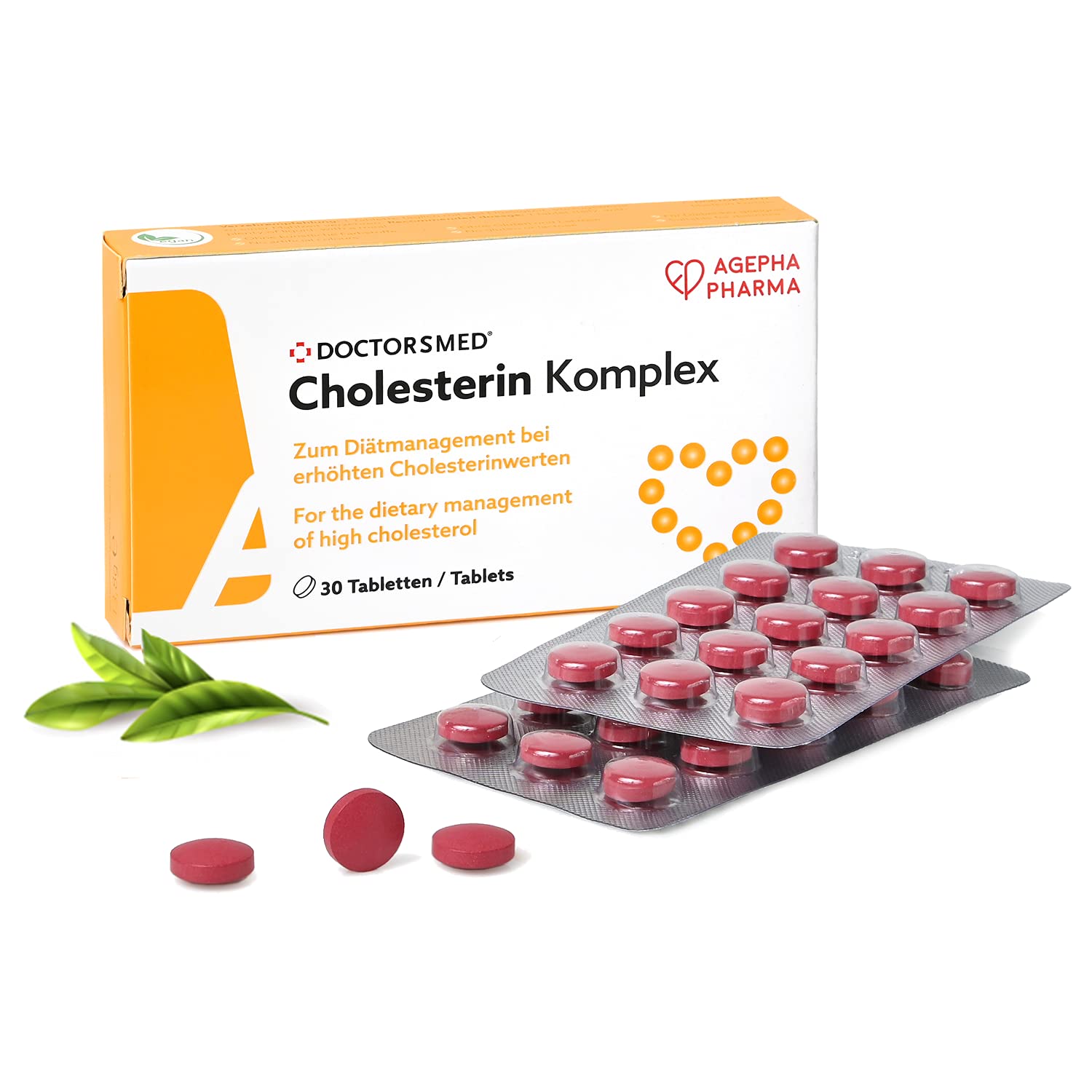Introduction
high cholesterol, also known as hypercholesterolemia, is a condition where there is an excessive amount of cholesterol in the blood. It is a significant risk factor for various cardiovascular diseases, including heart attacks and strokes. Understanding high cholesterol symptoms, causes, and treatment options is crucial for maintaining good health.
Benefits of Managing high cholesterol
Proper management of high cholesterol levels can significantly reduce the risk of heart disease and other related health issues. By adopting a healthy lifestyle and following medical advice, individuals with high cholesterol can improve their overall well-being and longevity.
Frequently Asked Questions about High Cholesterol
1. What are the common symptoms of high cholesterol?
High cholesterol symptoms usually don’t show any noticeable signs. However, in some cases, individuals may experience chest pain, heart palpitations, and shortness of breath.
2. What are the primary causes of high cholesterol?
high cholesterol can be caused by a combination of factors, including genetics, poor diet high in saturated fats, lack of physical activity, obesity, and certain medical conditions.
3. How is high cholesterol diagnosed and treated?
High cholesterol is diagnosed through a simple blood test that measures cholesterol levels. Treatment typically involves lifestyle changes, such as following a healthy diet and exercising regularly, along with medication when necessary.
4. Are there specific foods to avoid for high cholesterol?
Foods high in saturated fats, trans fats, and cholesterol should be avoided to manage high cholesterol levels effectively. This includes processed and fried foods, full-fat dairy products, and red meat.
5. Can high cholesterol lead to other health conditions?
Untreated high cholesterol can increase the risk of developing heart disease, stroke, and other cardiovascular problems. It can also contribute to conditions like diabetes, high blood pressure, and even erectile dysfunction.
Detailed Explanation of high cholesterol
Cholesterol is a waxy substance found in the cells of the body and in the bloodstream. While it is essential for building healthy cells, high levels of LDL (low-density lipoprotein) cholesterol, often referred to as “bad” cholesterol, can lead to plaque buildup in the arteries, increasing the risk of heart disease.
Conclusion
Managing high cholesterol is crucial for maintaining good cardiovascular health. By staying informed about high cholesterol symptoms, causes, and treatment options, individuals can take proactive steps towards a healthier future. Remember to consult with a healthcare provider for personalized advice and support in managing high cholesterol effectively.


